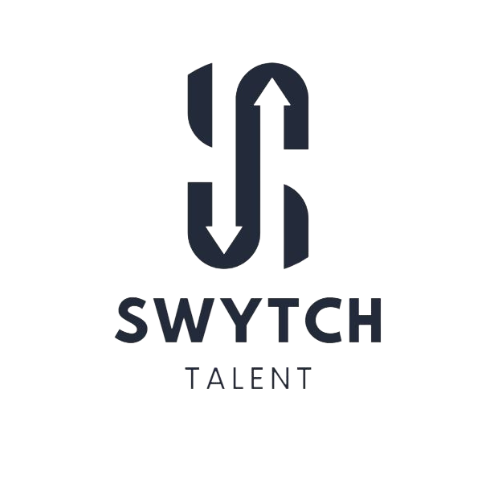Interviewing candidates is a critical component of the hiring process. It’s your opportunity to assess not only the skills and experience of potential employees but also their fit with your company culture. To ensure you make informed decisions and select the best candidates, follow these strategies for conducting effective interviews.
1. Prepare Thoroughly
Before the interview, review the candidate’s resume, cover letter, and any other submitted materials. Understand the job description and requirements thoroughly so you can tailor your questions to evaluate the candidate’s suitability for the role. Prepare a structured interview format with key questions to cover all necessary areas.
2. Create a Comfortable Environment
Set the stage for a positive interview experience by creating a welcoming and comfortable environment. Begin with a friendly greeting and small talk to help the candidate relax. A positive atmosphere can lead to a more open and authentic conversation.
3. Ask Behavioural and Situational Questions
Behavioural and situational questions are effective in understanding how candidates have handled situations in the past or how they might approach hypothetical scenarios. Use questions like:
- “Can you describe a time when you faced a significant challenge at work and how you overcame it?”
- “How would you handle a tight deadline with multiple projects?”
These questions help you gauge the candidate’s problem-solving abilities, adaptability, and decision-making skills.
4. Assess Cultural Fit
While skills and experience are crucial, cultural fit is equally important. Ask questions that help you determine whether the candidate aligns with your company’s values and work environment. For example:
- “What type of work environment do you thrive in?”
- “How do you handle feedback and criticism?”
Evaluate how well their responses align with your company’s culture and values.
5. Use a Consistent Evaluation Criteria
To ensure a fair and objective assessment, use consistent criteria for evaluating all candidates. Develop a scorecard or evaluation form that includes key competencies, skills, and traits you’re looking for. Rate each candidate based on the same criteria to make comparisons easier and more reliable.
6. Encourage Questions
Encourage candidates to ask questions about the role, team, and company. Their questions can reveal their level of interest, understanding of the role, and whether they have done their homework. It also gives you a chance to address any concerns they may have and to further gauge their fit for the position.
7. Be Mindful of Bias
To ensure a fair interview process, be mindful of unconscious biases. Focus on the candidate’s skills, experience, and potential rather than personal characteristics. Use structured interviews with standardized questions to minimize bias and ensure that every candidate is assessed on the same basis.
8. Take Notes
During the interview, take detailed notes on each candidate’s responses and overall performance. This will help you recall specifics later when making your decision and provide valuable feedback if needed. Ensure that your notes are objective and focused on the candidate’s qualifications.
9. Evaluate Soft Skills
While technical skills are important, soft skills such as communication, teamwork, and problem-solving are also crucial. Assess how well the candidate interacts with you and their ability to articulate their thoughts. Soft skills often determine how well a candidate will fit into your team and contribute to the workplace culture.
10. Follow a Structured Process
Follow a structured interview process to ensure consistency and thoroughness. Start with an introduction, move through your prepared questions, and end with a summary of next steps. A structured approach helps you cover all important aspects and provides a clear framework for evaluating candidates.
By implementing these strategies, you can enhance your interviewing process and make more informed hiring decisions. Remember, the goal is to find candidates who not only have the right skills and experience but also fit well within your team and contribute positively to your company’s culture. With thoughtful preparation and a structured approach, you’ll be well-equipped to identify the best talent for your organisation.
